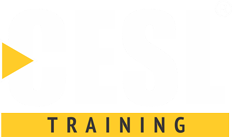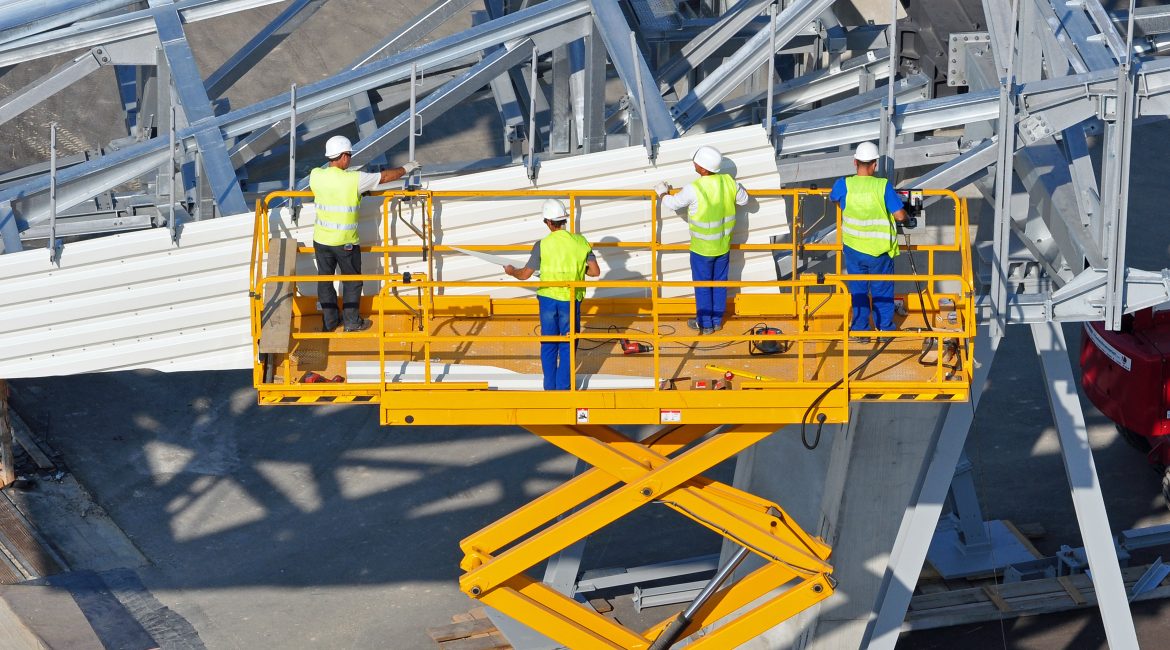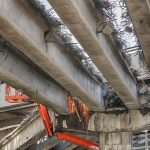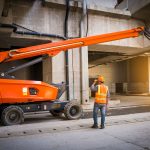Introduction
In the fast-paced and safety-critical environment of an airport, the efficiency and effectiveness of maintenance operations are paramount. Mobile Elevating Work Platforms (MEWPs) are vital tools used in various maintenance tasks, from routine inspections to emergency repairs. However, the true potential of MEWPs can only be realized when operators are thoroughly trained. Advanced MEWP operator training not only enhances safety but also significantly boosts operational efficiency, ensuring that maintenance tasks are completed quickly and without incident. In this blog, we will explore how advanced MEWP operator training can optimize airport maintenance operations and why it is essential for the aviation industry.
The Importance of MEWP Operator Training in Aviation
Airport maintenance tasks often involve working at heights, handling complex machinery, and navigating tight spaces—activities where the margin for error is slim. MEWP operators must have the skills and knowledge to perform their duties safely and efficiently. Advanced training ensures that operators are not only familiar with the basic functions of the MEWP but also understand how to maximize its capabilities, minimize risks, and respond effectively to unexpected situations.
Key Benefits of Advanced MEWP Operator Training
- Improved Safety StandardsSafety is the top priority in airport operations. Advanced MEWP training focuses on enhancing operators’ ability to recognize and mitigate risks associated with working at heights and in proximity to aircraft. This includes:
- Comprehensive Risk Assessment: Training operators to conduct thorough risk assessments before starting any task. This includes identifying potential hazards such as electrical lines, unstable ground, and weather conditions.Proper Use of Personal Protective Equipment (PPE): Ensuring that operators are well-versed in selecting and using the appropriate PPE for each task, reducing the risk of injury.Emergency Procedures: Teaching operators how to respond to emergencies, such as equipment failure or accidental contact with aircraft, ensuring quick and effective action that minimizes harm.
- Enhanced Operational EfficiencyWell-trained MEWP operators can perform maintenance tasks more quickly and with greater precision, directly contributing to overall operational efficiency. Key aspects include:
- Optimized Equipment Use: Advanced training covers the efficient operation of MEWPs, including how to use the platform’s features to reduce setup time and increase productivity.
- Reduced Downtime: Operators trained in preventive maintenance and equipment troubleshooting can identify and address potential issues before they lead to breakdowns, reducing downtime and keeping maintenance schedules on track.
- Effective Task Execution: Training ensures that operators can execute tasks with precision, whether it’s performing inspections, repairs, or installations. This reduces the need for rework and speeds up project completion.
- Compliance with Industry StandardsThe aviation industry is governed by strict safety and operational standards. Advanced MEWP operator training ensures that operators are fully aware of these regulations and know how to comply with them during their work. This includes:
- Adherence to OSHA and ICAO Guidelines: Training programs are designed to align with relevant safety standards, ensuring that airport operations meet or exceed regulatory requirements.
- Documentation and Reporting: Operators are trained in proper documentation practices, enabling accurate reporting of maintenance activities and ensuring compliance during audits.
- Increased Equipment LongevityProperly trained operators contribute to the longevity of MEWPs by using the equipment correctly and performing routine maintenance tasks. This includes:
- Understanding Load Limits: Training operators on the importance of adhering to load limits, preventing overloading that can damage the equipment.
- Routine Inspections: Operators are trained to perform daily inspections of the MEWP, identifying wear and tear before it leads to significant damage.
- Correct Operation Techniques: Advanced training teaches operators the best practices for operating MEWPs, reducing the strain on the equipment and extending its lifespan.
Conclusion
In the high-stakes environment of airport maintenance, the importance of advanced MEWP operator training cannot be overstated. This training not only enhances safety by equipping operators with the knowledge and skills to avoid accidents but also boosts operational efficiency by enabling faster, more precise task execution. By ensuring compliance with industry standards and prolonging the life of equipment, advanced MEWP training is an investment that pays off in reduced costs, fewer disruptions, and a safer, more efficient airport operation.
At CESL, we specialise in providing cutting-edge MEWP operator training tailored to the unique needs of the aviation industry. Our programs are designed to ensure that your maintenance team operates with the highest level of safety and efficiency, contributing to the overall success of your airport operations.





